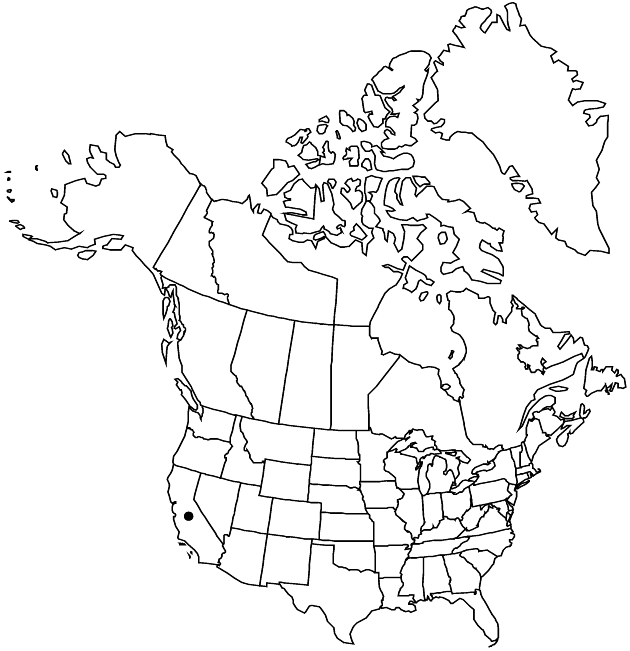Malacothrix squalida
Bull. Calif. Acad. Sci. 2: 152. 1886.
Annuals, 4–30 cm. Stems 1–3+, ascending to erect (stout), branched from bases and distally, ± leafy, glabrous. Cauline leaves: proximal obovate to oblanceolate, pinnately lobed (lobes 2–6 pairs), not fleshy, ultimate margins entire or dentate, faces glabrous; distal not notably reduced (narrowly ovate with 5–10 narrow teeth or lobes). Calyculi 0. Involucres narrowly to broadly campanulate, 9–12 × 4–10 mm. Phyllaries 31–49 in 5–6+ series (midstripes green or reddish), broadly ovate (outermost) to lance-oblong or lance-linear, unequal, hyaline margins 0.6–1 mm wide, faces glabrous. Receptacles usually not bristly. Florets 39–133; corollas light yellow, 12–19 mm; outer ligules exserted 6–11 mm. Cypselae ± prismatic or columnar, 1.3–2.1 mm, ribs extending to (and just beyond) apices, 5 more prominent than others; pappi persistent, of 15–20, irregular, ± deltate teeth (often hidden by apices of cypselae) plus 0 (–1) bristles. Pollen 70–100% 4-porate. 2n = 28.
Phenology: Flowering Mar–Jun.
Habitat: Open areas between shrubs, on ridges, knife-edges
Elevation: 0–30 m
Discussion
Of conservation concern.
Malacothrix squalida is known only from Middle Anacapa and Santa Cruz islands.
Selected References
None.
Lower Taxa
"fine" is not a number."]" is not declared as a valid unit of measurement for this property.
